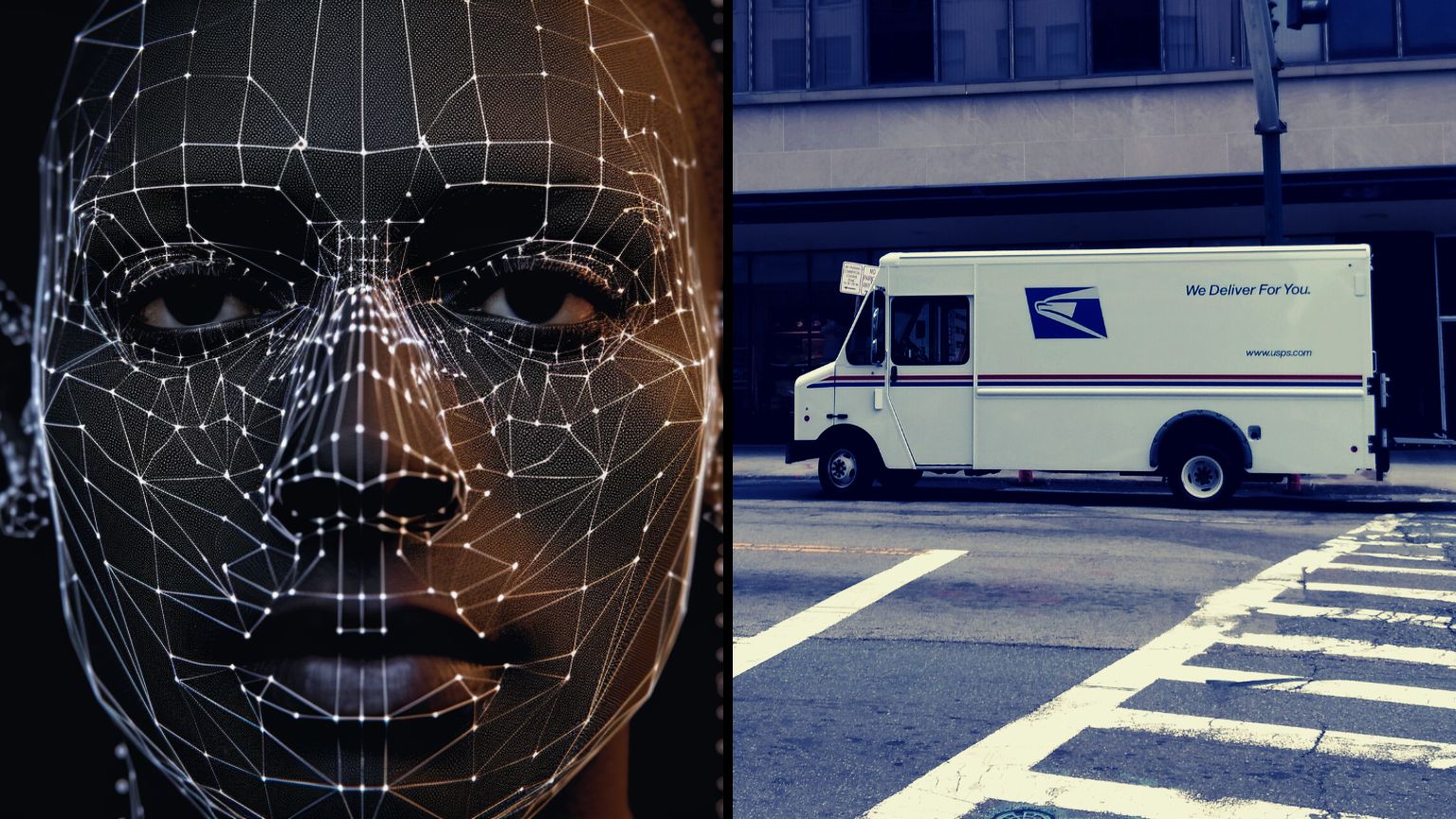Under the pretense of fortifying digital security in the United States, newly proposed legislation seeks to transform the United States Postal Service (USPS) into a hub for digital IDs. Senators Ron Wyden, a Democrat, and Bill Cassidy, Republican, have put forth the bill known as the Post Office Services for Trustworthy Identity Act. The proposed legislation opens new discourse on digital privacy and the potential for abnormal surveillance measures, sparking debate over the delicate balance between biosecurity and preserving citizens’ fundamental rights.
We obtained a copy of the bill for you here.
The proposed legislation comes in response to the piecemeal approach taken towards biometric identification in America. Historically, disjointed programs have been created by different states and separate agency undertakings, giving rise to the necessity for a more coherent national strategy. The Post Office Services for Trustworthy Identity Act could mark a landmark shift, focusing on service provision rather than overarching digital ID strategy.
However, the legislation’s journey to fruition remains undetermined, often met with hesitation from Postal Service officials who previously exhibited resistance toward such plans.
The bill, if enacted, would license the USPS to initiate an in-person program. It is critical to point out, however, that the Postal Service’s adoption of the service remains optional. At least for now.
If executed, the USPS, spearheaded by the postmaster general, could impose a fee for the digital ID services among other options.
The protective angle of this bill is not without its critics, who cite potential issues related to privacy and overbearing surveillance.








